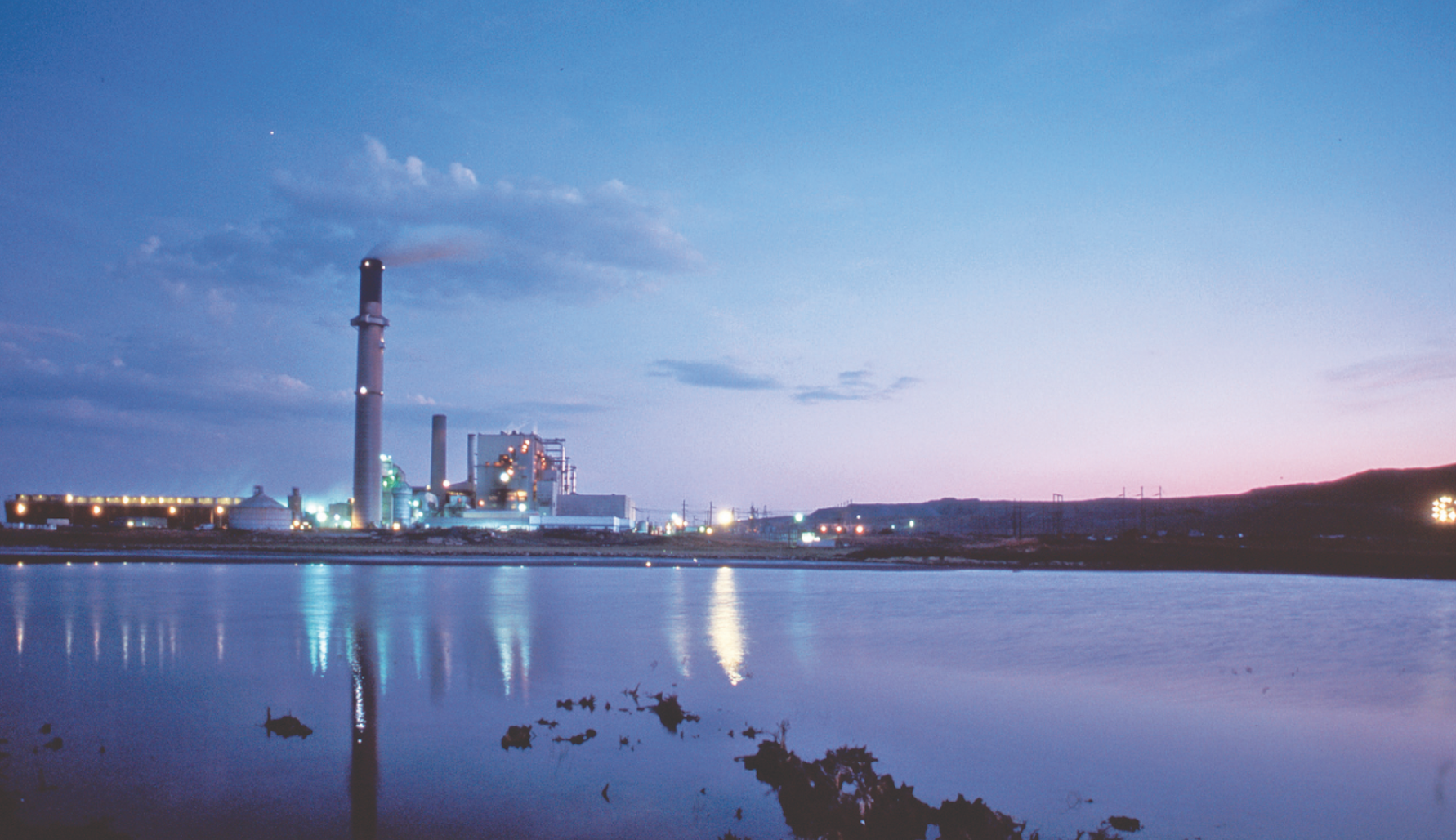
By Nicole Pollack
Casper Star-Tribune
Via- Wyoming News Exchange
CASPER — Wyoming is home to some of the worst coal ash contamination in the country, according to a new report from a pair of environmental groups.
Authored by the Environmental Integrity Project and Earthjustice, the report ranks the Naughton and Jim Bridger power plants — both located in southwestern Wyoming and owned by Rocky Mountain Power parent company PacifiCorp — as the No. 3 and No. 4 most polluted U.S. coal ash sites.
Federally mandated monitoring has identified between double and 242 times the accepted level of more than a dozen harmful chemicals in groundwater near the plants’ coal ash ponds and landfills, and there is evidence that leakage from unlined or poorly lined sites is at least partly responsible, the report alleges.
Coal ash, the waste left behind after coal is burned, is typically stored by utilities in ponds or landfills near the power plants that produce it.
Comparatively lax containment regulations in decades past resulted in contaminants like arsenic, boron, lead and lithium seeping from some coal ash disposal sites into nearby groundwater and flowing slowly away.
The report accuses a number of utilities, including PacifiCorp, of “flouting” the Environmental Protection Agency’s 2015 Coal Combustion Residuals Rule — also known as its Coal Ash Rule — which directs utilities to meet heightened safety standards when storing coal ash and to clean up existing sites that are violating those requirements.
“This inaction leaves a legacy of waste that needs to be addressed,” said Michele Irwin, an organizer with the Wyoming landowners’ group Powder River Basin Resource Council, during a press conference with the authors on Thursday.
At Naughton, the report found, PacifiCorp is actively working on one of its six regulated coal ash units and has plans to remediate at least one more but has not moved forward with corrective actions at a pair of ash ponds that the authors suspect are also impacting groundwater quality.
And while the company has taken steps to clean up one of the two Jim Bridger coal ash ponds and intends to treat the other, the report suggests that both ponds and a separate coal ash landfill may all be leaking.
The report ranked PacifiCorp’s Dave Johnston Power Plant at No. 127 and Basin Electric Power Cooperative’s Laramie River Station at No. 145, each with significantly more minor violations.
PacifiCorp spokesperson Tiffany Erickson denied any wrongdoing on the utility’s part and said the report contained “inaccurate or misleading information” in a statement emailed to the Star-Tribune.
The company is “in full compliance” with federal regulations, and — with community input — “is actively engaged in the assessment, correction and remediation of groundwater impacts identified under the provisions of the rule,” Erickson said. It “has and will continue to implement the most effective remediation steps at all of its plants,” she added, including closing or cleaning up coal ash units where necessary.
A public health nurse at Lincoln County Public Health, reached via phone, was not familiar with any contamination.
And the city of Kemmerer, where Naughton is located, “has been very pleased with both the Coal Mine’s and Rocky Mountain Power’s efforts to be good environmental stewards,” City Administrator Brian Muir said in an email to the Star-Tribune.
The Environmental Protection Agency is reviewing the report and is “in the process of evaluating compliance” at all facilities subject to the Coal Ash Rule, according to Rich Mylott, a regional public affairs specialist.
But Keith Guille, outreach program manager at the Wyoming Department of Environmental Quality, said the Kemmerer and Jim Bridger plants are on the agency’s radar.
“We’re aware of potential contamination of these sites,” he said. “How those are contaminated, I just don’t have an answer for you.”
The agency has not identified any immediate threats to human health at private wells in the affected areas, Guille added. Erickson, from PacifiCorp, said the plants’ coal ash units “are not impacting any public sources of drinking water.”
A law enacted in the wake of the Coal Ash Rule allows federal officials to delegate oversight of coal ash — including most of the associated monitoring and enforcement obligations — to states equipped to manage it. Wyoming hopes to secure that authority sometime next year, Guille said.
“We’ll be working with these facilities, and other facilities, for the long term here,” he said. “Getting them up to standards — that’s the hope as soon as we can take over this program.”






